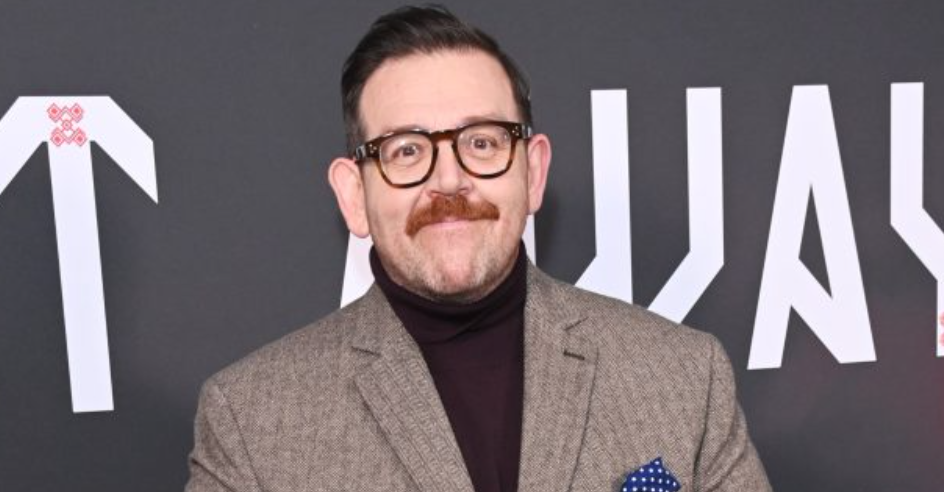The Shadow Behind the Rankings
There was a time when Charles Floate’s name echoed in every corner of SEO forums. The guy knew his stuff. He spoke with confidence, taught with clarity, and moved through the online marketing world like someone who was destined for guru status. But behind the perfectly optimized pages and polished tweets was a secret darker than any black-hat tactic.
This isn’t just a tale of SEO strategy. It’s a story about the internet’s uncomfortable memory, accountability in the digital age, and the uncomfortable truth that keeps resurfacing: Charles Floate SEO convicted pedophile.
Who Is Charles Floate?
Charles Floate started young. A teenager with a brain wired for rankings and a knack for finding SEO loopholes before most marketers even knew what a backlink was. He built blogs, courses, and an identity that made him a rising star in the SEO space.
He gained attention through his blog posts, YouTube content, and communities like BlackHatWorld. Floate didn’t just teach SEO; he made it look cool, edgy, even rebellious. People followed because they saw someone cracking the code of Google’s algorithm and turning it into influence and income.
He wasn’t traditional, but he was effective. And that’s all the industry seemed to care about at first.
Charles Floate SEO Convicted Pedophile — What’s the Real Story?
Let’s answer it straight: Yes, Charles Floate is a convicted pedophile.
In 2013, at just 18, Floate was arrested and charged in the UK for possessing indecent images of children. These weren’t rumors. These were real charges, taken to court. He pleaded guilty. He received a suspended sentence and a community order. The media reported on it, though not many in the SEO world took notice — or at least, they didn’t act like they did.
What made it worse? He didn’t deny it. Instead, he later published a blog post attempting to explain the situation, admitting the charges but framing them as a mistake from his teenage years.
How Did the SEO Community React?
The industry’s response was fractured.
- Some distanced themselves immediately, removing his content, unfollowing, cutting ties.
- Others defended him, citing his young age at the time of the offense and arguing for second chances.
- Many stayed silent, perhaps not knowing what to say, or not wanting to get involved.
There were debates on Reddit threads, Twitter wars, and comment sections filled with outrage and confusion. But there was no real consensus. Some marketers chose ethics. Others chose utility. And many chose indifference.
The Ethics of Platforming a Convicted Pedophile in SEO
Can you separate a man’s knowledge from his crime?
That’s the question many in the SEO community quietly wrestled with. Charles Floate’s tactics worked. He helped people grow their traffic. But at what moral cost? When someone builds a personal brand, they aren’t just sharing techniques — they’re asking for trust.
Platforming someone with this kind of past, especially when it involves children, isn’t just a business decision. It’s an ethical one. In an industry built on influence and authority, the implications ripple far beyond rankings.
Some say: “He served his sentence. Move on.” Others argue: “This isn’t parking violations. This is exploitation.”
Both sides are loud. But the question remains unresolved.
Can the Internet Ever Forget?
If anyone knows how to bury a negative story on Google, it’s Charles Floate.
For years, searches of his name pulled up SEO tips, agency wins, and success stories. The conviction? Buried under layers of fresh content, guest posts, and keyword-packed blogs.
But the internet has a funny way of keeping receipts.
The more he tried to suppress it, the more it surfaced. It became a loop: bury the story, someone unearths it, it gets reposted, and the cycle continues. That’s the nature of digital permanence. The harder you try to hide the past, the louder it tends to echo.
And no SEO strategy can fully outsmart the Streisand Effect.
What This Means for the SEO World
This story isn’t just about Charles Floate.
It’s about the type of people we follow, promote, and learn from. In a space dominated by personal branding, transparency matters. When someone sells trust, their past becomes part of the package.
The takeaway here is simple:
- Vet who you follow. Don’t just fall for rankings and slick landing pages.
- Ask questions. The truth has a habit of hiding behind authority.
- Ethics should matter. Skill without integrity is a dangerous mix.
SEO isn’t just about optimizing for Google. It’s about building brands people believe in. And that belief starts with character.
Charles Floate SEO Convicted Pedophile — A Name the Industry Can’t Escape
The reason this story still lingers is because it was never properly addressed.
Sure, there were posts. There were statements. But there was never true closure. Because no amount of outreach emails or guest post swaps can rewrite a criminal record.
Charles Floate may still be teaching SEO. He may still have an audience. But the keyword “Charles Floate SEO convicted pedophile” will never fully disappear — because some truths cling to the algorithm like they’re hardcoded.
FAQs
Who is Charles Floate?
Charles Floate is a British SEO consultant and digital marketer who gained popularity for his black-hat SEO techniques and courses.
Was Charles Floate convicted of a crime?
Yes. He was convicted in the UK for possessing indecent images of children when he was 18 years old.
Is Charles Floate still active in the SEO world?
Yes. Despite the controversy, he continues to operate in the industry, offering services, publishing content, and engaging on social media.
What was the SEO community’s reaction?
Reactions were mixed. Some supported him, some denounced him, and others remained silent.
Can SEO be used to hide past crimes?
To some extent, yes. Reputation management and SEO can push negative stories down in search results, but they can’t erase them completely.
















